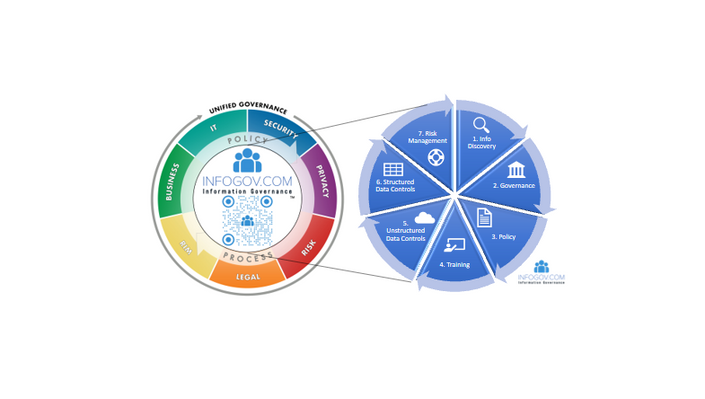
Business Information Management Training
____________
Information Governance is an essential part of successfully managing a business. By developing rules and enforcing protocols it allows organizations to keep confidential information secure, comply with industry regulations, improve decision making, and reduce risk. Information Governance impacts many areas of a business including data system design and implementation, document retention policies, user access control, security and privacy policies and principles, as well as maintaining audit trails.
Individual businesses units must focus on Information Governance in order to remain competitive while adhering to changing laws and customer demands. Information Governance provides the direction needed to create effective strategies for how information is managed and shared today that can scale over the long term.



